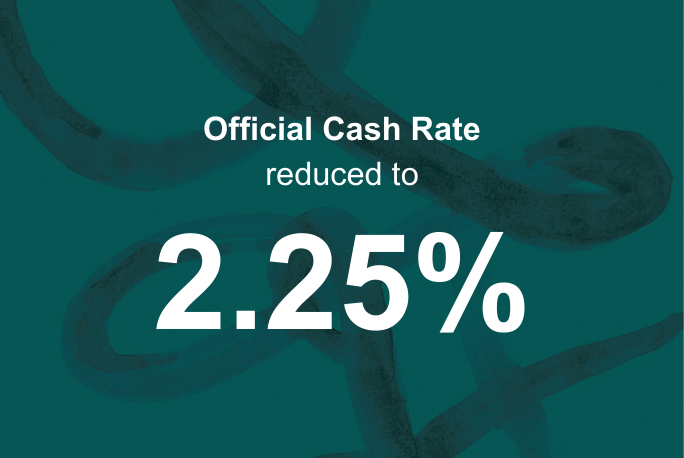

Why Are Kiwis Not Planning Enough?
When it comes to growing wealth, time is your ally. The earlier you start saving, the easier it will be to secure your future. But even if you’re starting late, it’s never too late to begin!
In your 30s or 40s? Now’s the time to maximise your KiwiSaver and pay off any debt. Planning ahead can help you sail through retirement with ease. It’s great to work as long as your health supports you, but relying solely on working into your later years can be risky, our health and energy levels don’t last forever.
A common misconception is that owning a home is enough to ensure a comfortable retirement. However, many people overlook the fact that maintaining the same lifestyle after retiring requires more than just the value of their home.
The Barometer Money Survey also highlighted another issue—limited knowledge about KiwiSaver. Many Kiwis don’t pay enough attention to their contribution rate, which could make a significant difference to their retirement savings over time.
How Much Should You Save?
While New Zealanders are fortunate to have NZ Super to help cover some retirement expenses, it’s not enough to replace your full pre-retirement income.
According to Massey University, someone earning $53,000 a year and starting their retirement savings at age 35 will need to save 11% of their income (including employer contributions) to retire at 65 with 70% of their pre-retirement income. If you earn above average, you’ll need to save even more, since NZ Super will cover a smaller portion of your desired income.
While saving 10%, 20%, or more of your income may seem daunting—especially with New Zealand’s high cost of living—it’s crucial to start as early as possible. Having the right advice about your KiwiSaver and other investments can make a world of difference.
Practical Steps for Planning Your Retirement
Your Retirement Plan, Tailored to You
Remember, no two retirement plans are the same. Everyone has different goals, whether that’s traveling, starting a new hobby, or living closer to family. The key is to plan for the lifestyle you want, while also considering the unexpected.
We’ve helped many Kiwis build retirement plans that work within their financial means. With our expertise, we can create a strategy that’s built to last a lifetime—whether you’re starting now or need to adjust your current plan.
Fill out the form below and one of our KiwiSaver experts will call you within 24 hours.
"*" indicates required fields